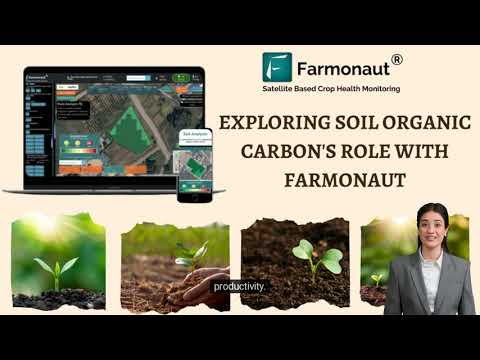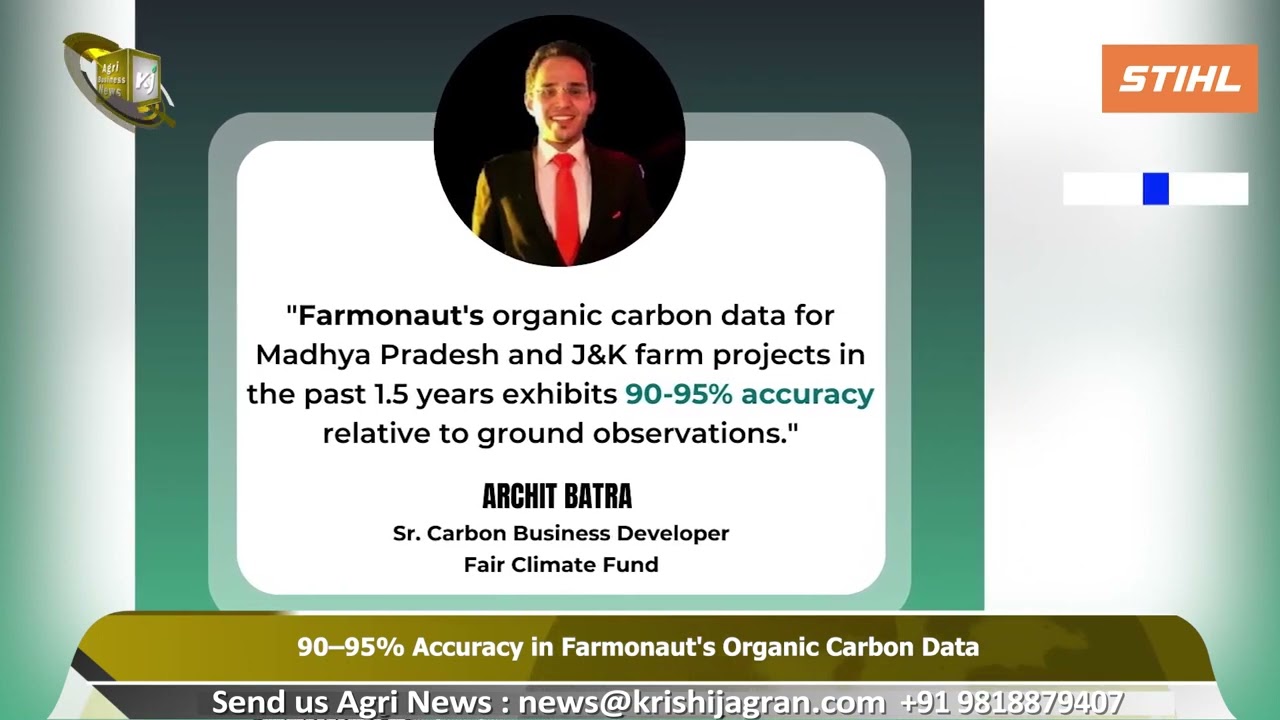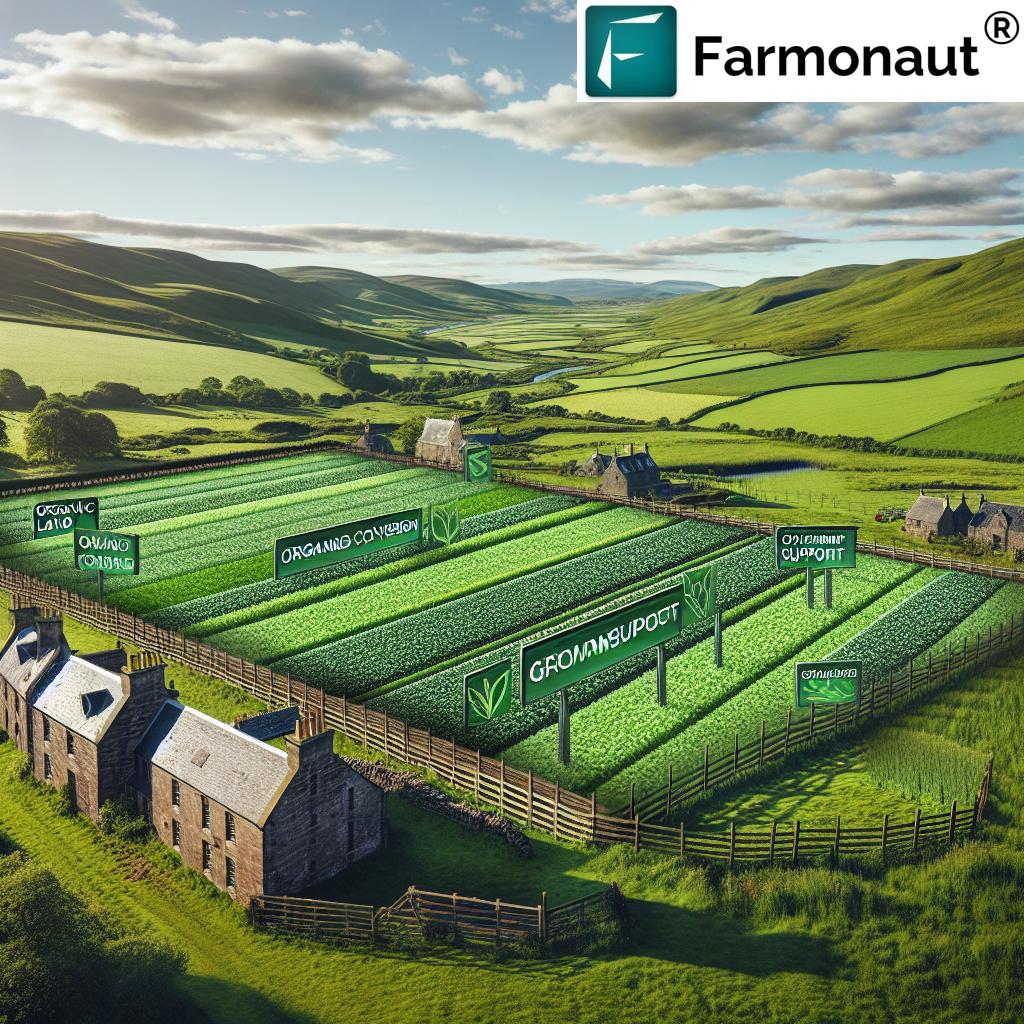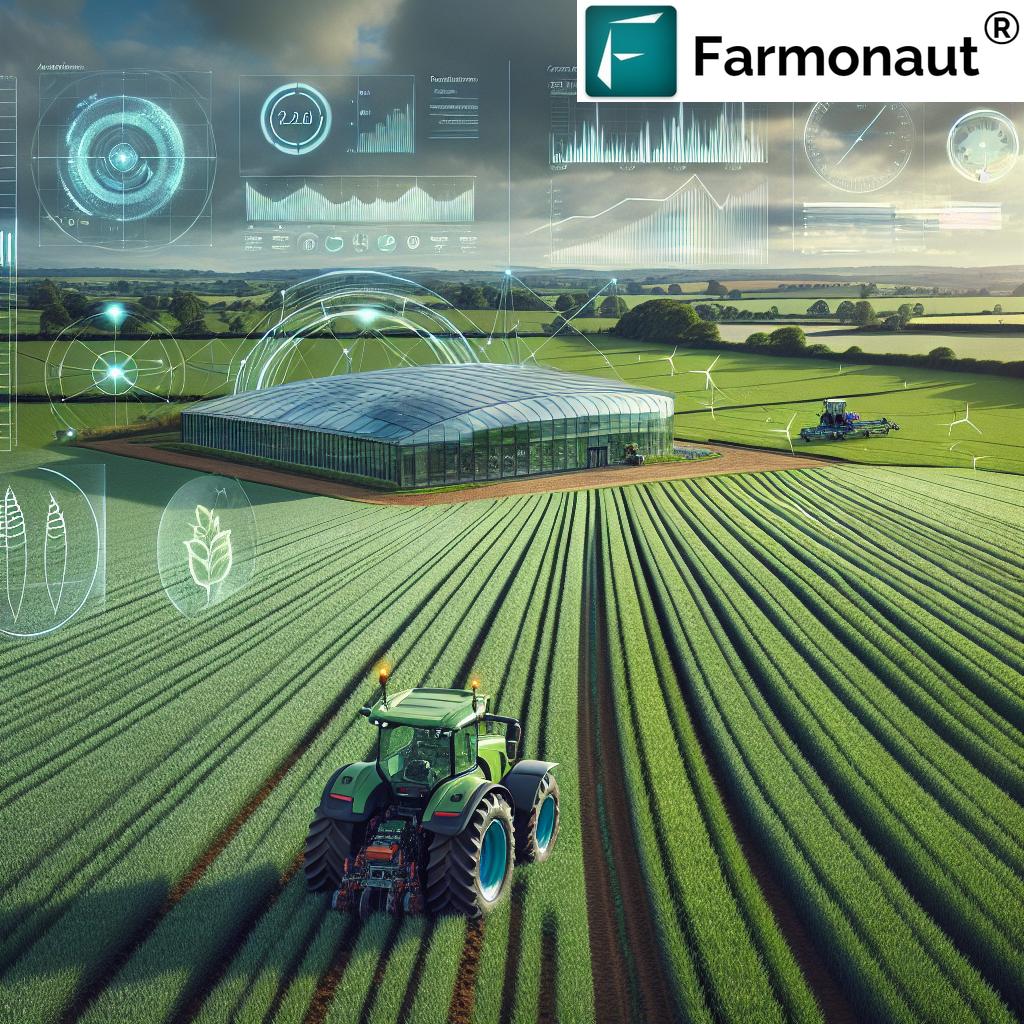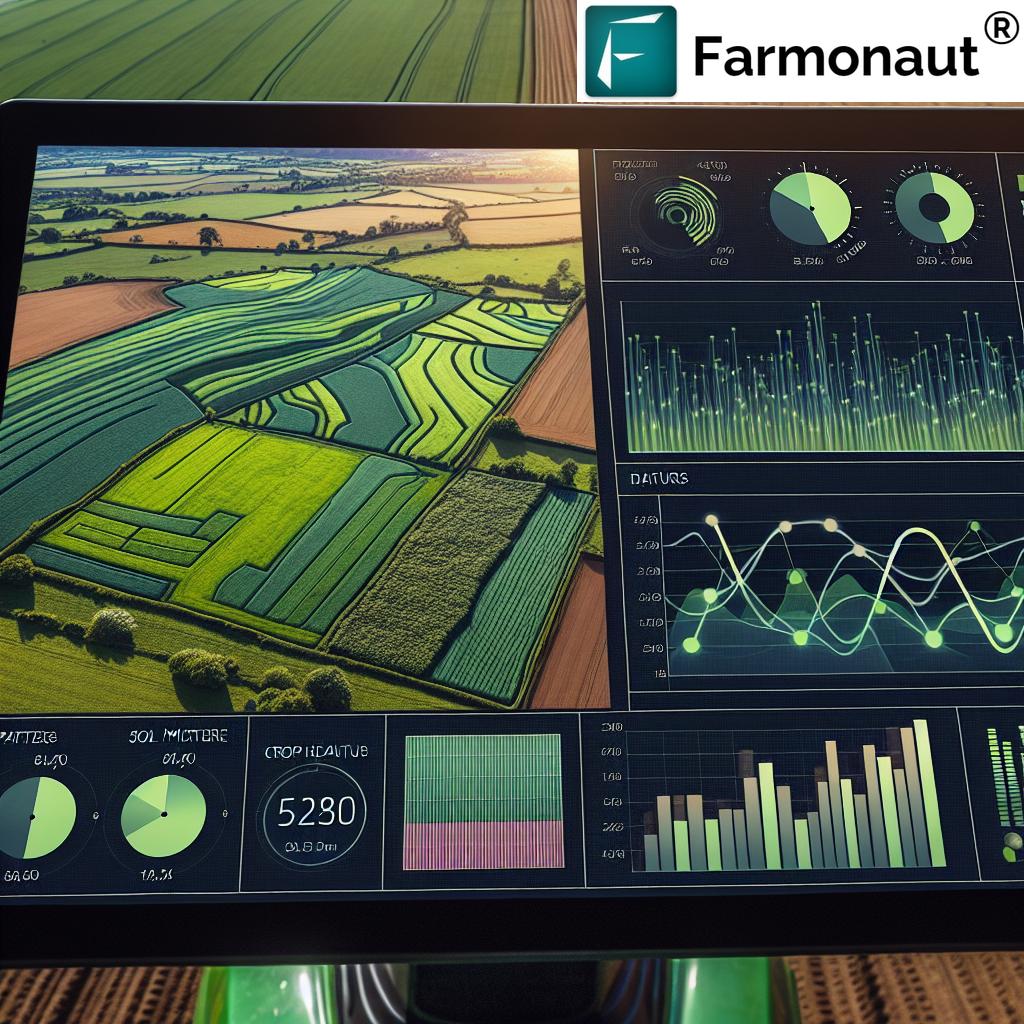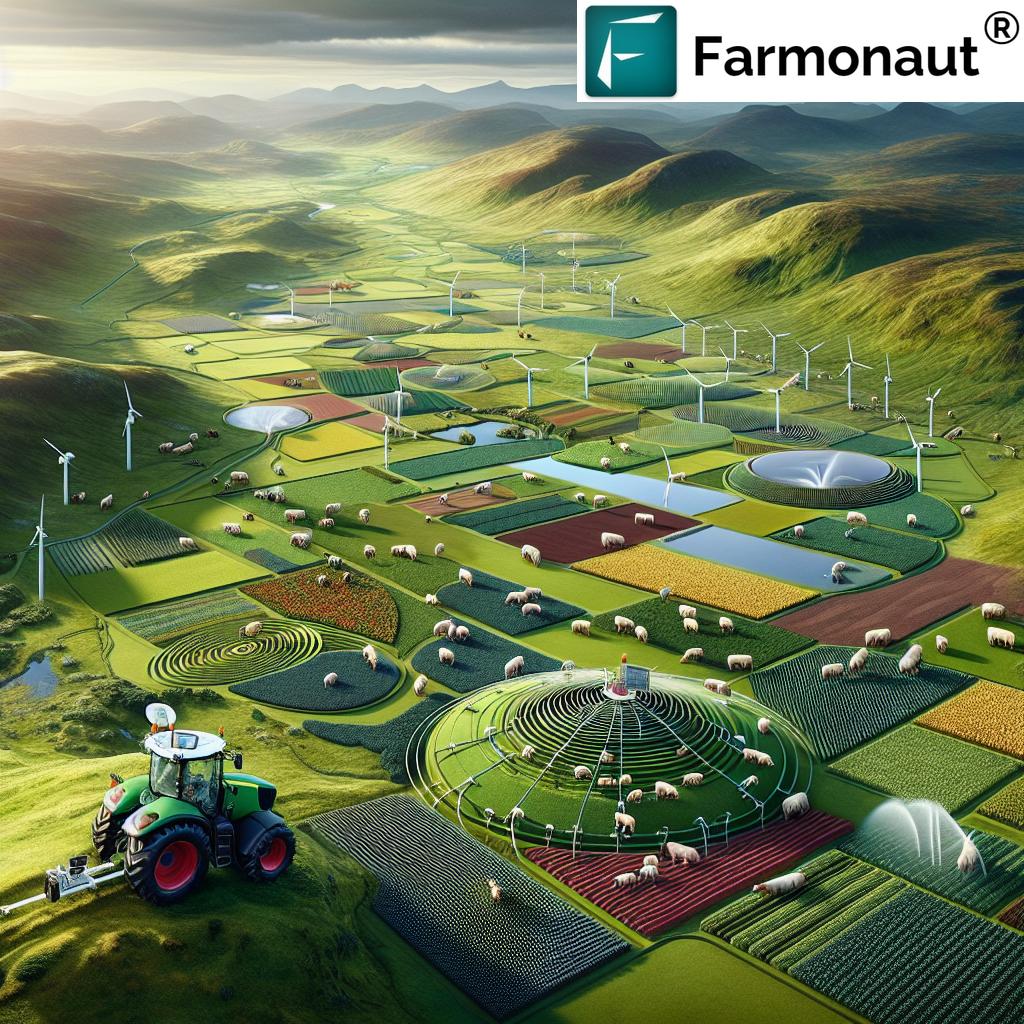Revolutionizing Scottish Organic Farming: How GIS and Sustainable Practices Are Transforming UK Agriculture
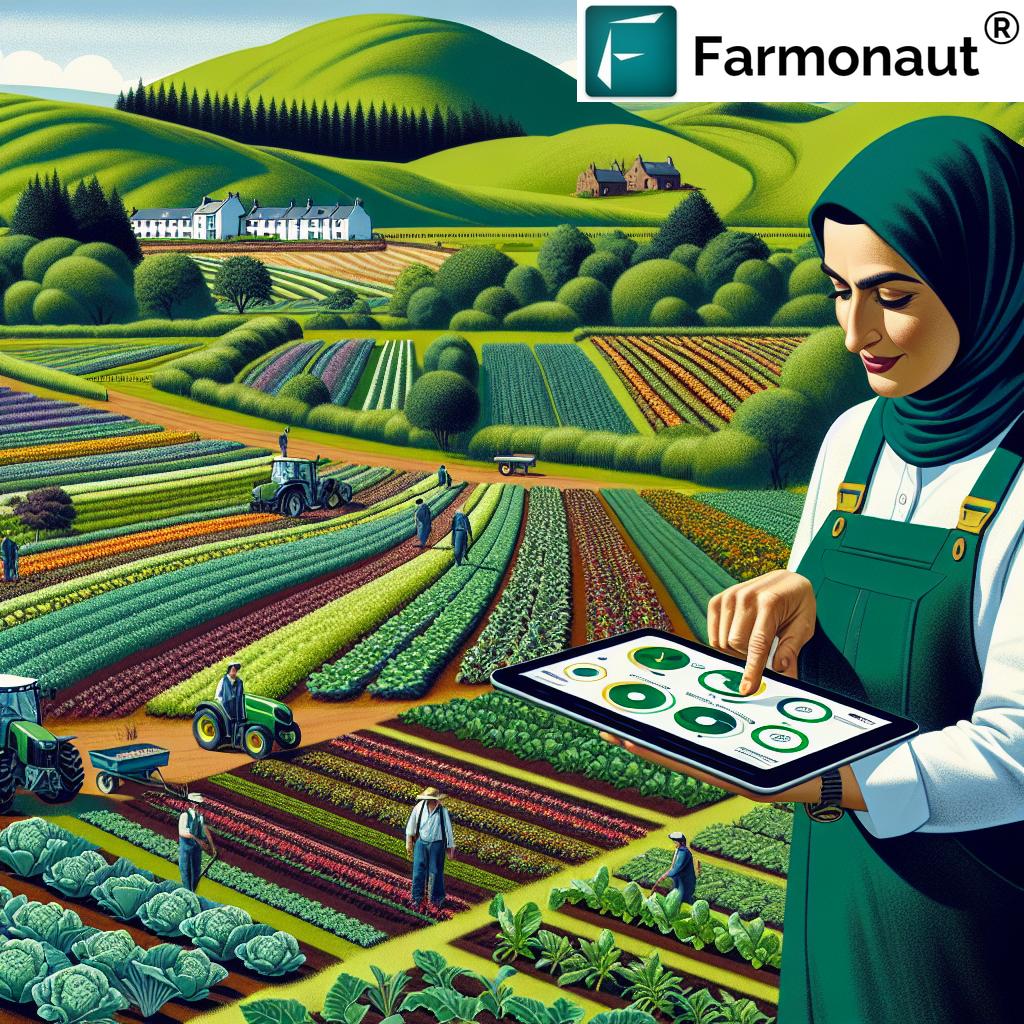
“Scottish organic farms using GIS technology have seen up to 30% increase in crop yields while reducing water usage by 25%”
In the rolling hills and verdant landscapes of Scotland, a quiet revolution is taking place. We are witnessing the transformation of UK agriculture through the powerful combination of organic farming techniques and cutting-edge GIS (Geographic Information Systems) technology. This blog post will explore how these innovations are reshaping the agricultural landscape, promoting sustainability, and ensuring a brighter future for our planet.
The Rise of Organic Farming in Scotland
Scotland has long been known for its pristine environment and rich agricultural heritage. In recent years, there has been a significant shift towards organic farming practices across the country. This move is driven by several factors:
- Increasing consumer demand for healthy, pesticide-free produce
- Growing awareness of environmental issues
- Government support for sustainable agriculture
- Advancements in technology making organic farming more efficient
As we delve deeper into this topic, we’ll explore how GIS technology is playing a crucial role in making organic farming more viable and productive than ever before.
GIS in Agriculture: A Game-Changer for Scottish Farmers
GIS in agriculture has revolutionized the way farmers manage their land and crops. This technology allows for precise mapping and analysis of farmland, providing invaluable insights that help optimize resource use and increase yields. Here’s how GIS is transforming Scottish organic farming:
- Soil Health Mapping: GIS helps farmers create detailed maps of soil quality across their fields, allowing for targeted soil health management strategies.
- Crop Rotation Planning: By analyzing historical data and soil conditions, GIS helps farmers plan optimal crop rotations to maintain soil fertility and reduce pest problems.
- Water Management: Precision irrigation systems guided by GIS data ensure efficient water use, crucial for both sustainability and crop health.
- Pest and Disease Monitoring: GIS enables early detection of pest infestations and diseases, allowing for timely and targeted interventions without resorting to synthetic pesticides.
Farmonaut’s web application leverages GIS technology to provide Scottish farmers with powerful tools for managing their organic farms. From satellite-based crop health monitoring to AI-driven advisory systems, Farmonaut is at the forefront of this agricultural revolution.
Sustainable Agriculture Practices in Scottish Organic Farming
Sustainable agriculture practices are at the heart of organic farming in Scotland. These methods not only protect the environment but also ensure long-term productivity and soil health. Let’s explore some key practices:
Regenerative Farming Methods
Regenerative farming methods focus on improving soil health and biodiversity. These practices include:
- No-till or minimal tillage to preserve soil structure
- Cover cropping to prevent erosion and add organic matter to the soil
- Composting to recycle nutrients and improve soil fertility
- Integrated pest management to control pests without synthetic pesticides
These methods not only enhance soil health but also increase the farm’s resilience to climate change and extreme weather events.
Agroforestry and Hedgerows
The benefits of agroforestry are increasingly recognized in Scottish organic farming. This practice involves integrating trees and shrubs into crop and animal farming systems. Benefits include:
- Improved soil structure and fertility
- Enhanced biodiversity and wildlife habitats
- Natural pest control through increased predator populations
- Carbon sequestration, contributing to climate change mitigation
Hedgerows, a traditional feature of Scottish farmland, are being rejuvenated and expanded. They provide crucial habitats for wildlife, act as windbreaks, and help prevent soil erosion.
Soil Health Management: The Foundation of Organic Farming
Soil health management is paramount in organic farming. Scottish farmers are adopting various techniques to nurture their soil:
- Crop Rotation: Carefully planned rotations help maintain soil fertility and break pest cycles.
- Green Manures: Fast-growing crops are planted and then incorporated into the soil to add organic matter and nutrients.
- Reduced Tillage: Minimizing soil disturbance helps preserve soil structure and beneficial microorganisms.
- Organic Fertilizers: Compost, manure, and other organic inputs are used to nourish the soil naturally.
GIS technology plays a crucial role in soil health management by providing detailed soil maps and helping farmers track the impact of their practices over time.
Farmonaut’s API offers developers and businesses access to valuable satellite and weather data, enabling the creation of custom soil health monitoring solutions.
Climate-Smart Agriculture: Adapting to Environmental Challenges
Climate-smart agriculture is becoming increasingly important as Scottish farmers face the realities of climate change. This approach focuses on:
- Reducing greenhouse gas emissions from farming activities
- Adapting to changing weather patterns and extreme events
- Increasing farm resilience through diversification and sustainable practices
GIS technology is instrumental in implementing climate-smart agriculture strategies. It helps farmers:
- Monitor and predict weather patterns
- Optimize water use through precision irrigation
- Plan for and mitigate the impacts of extreme weather events
- Track carbon sequestration in soils and vegetation
Farmonaut’s Android app provides Scottish farmers with real-time weather data and AI-powered insights to support climate-smart agriculture decisions.
Pesticide-Free Crop Production: Challenges and Solutions
Pesticide-free crop production is a cornerstone of organic farming. Scottish organic farmers employ various strategies to manage pests and diseases without synthetic chemicals:
- Biological Control: Using natural predators to control pest populations
- Companion Planting: Growing complementary plants together to deter pests and attract beneficial insects
- Physical Barriers: Using nets, row covers, and other barriers to protect crops
- Cultural Practices: Adjusting planting times and crop rotations to avoid peak pest periods
GIS technology aids in pest management by:
- Mapping pest hotspots and tracking their spread
- Analyzing environmental conditions that favor pest outbreaks
- Optimizing the placement of trap crops and beneficial insect habitats
“Organic certification standards in the UK require farms to maintain at least 5% of their land as wildlife habitats, promoting biodiversity.”
Organic Certification Standards: Ensuring Quality and Trust
Organic certification standards in the UK are among the strictest in the world. They ensure that organic products meet rigorous quality and sustainability criteria. Key aspects of these standards include:
- Prohibition of synthetic pesticides and fertilizers
- Strict limits on the use of antibiotics in livestock
- Requirements for animal welfare and outdoor access
- Restrictions on genetically modified organisms (GMOs)
- Mandatory record-keeping and regular inspections
GIS technology assists in the certification process by:
- Providing accurate field maps and land use records
- Tracking crop rotations and inputs
- Monitoring buffer zones between organic and conventional fields
Farmonaut’s iOS app helps Scottish organic farmers maintain detailed records and monitor their farms’ compliance with certification standards.
The Role of Precision Irrigation Systems in Organic Farming
Precision irrigation systems are revolutionizing water management in Scottish organic farms. These systems use GIS data to:
- Analyze soil moisture levels across fields
- Consider crop water requirements at different growth stages
- Factor in weather forecasts and historical data
- Deliver water precisely where and when it’s needed
The benefits of precision irrigation in organic farming include:
- Reduced water usage and costs
- Improved crop health and yields
- Decreased runoff and soil erosion
- Lower risk of fungal diseases due to overwatering
Biodiversity and Wildlife Conservation in Organic Farming
Organic farming in Scotland plays a crucial role in promoting biodiversity and wildlife conservation. Key practices include:
- Maintaining and expanding hedgerows and field margins
- Creating and preserving wetland areas
- Planting wildflower strips to support pollinators
- Implementing rotational grazing for livestock
GIS technology supports biodiversity efforts by:
- Mapping and monitoring wildlife habitats
- Tracking the movement and populations of key species
- Optimizing the placement of conservation features across the farm
The Future of Scottish Organic Farming: Trends and Innovations
As we look to the future, several trends and innovations are shaping the landscape of Scottish organic farming:
- Vertical Farming: Integrating vertical farming techniques with traditional organic methods to maximize land use
- AI and Machine Learning: Enhancing GIS capabilities with advanced algorithms for better decision-making
- Blockchain Technology: Improving traceability and transparency in the organic supply chain
- Robotics: Developing organic-friendly robotic systems for tasks like weeding and harvesting
- Regenerative Organic Certification: Moving beyond organic to actively restore ecosystems
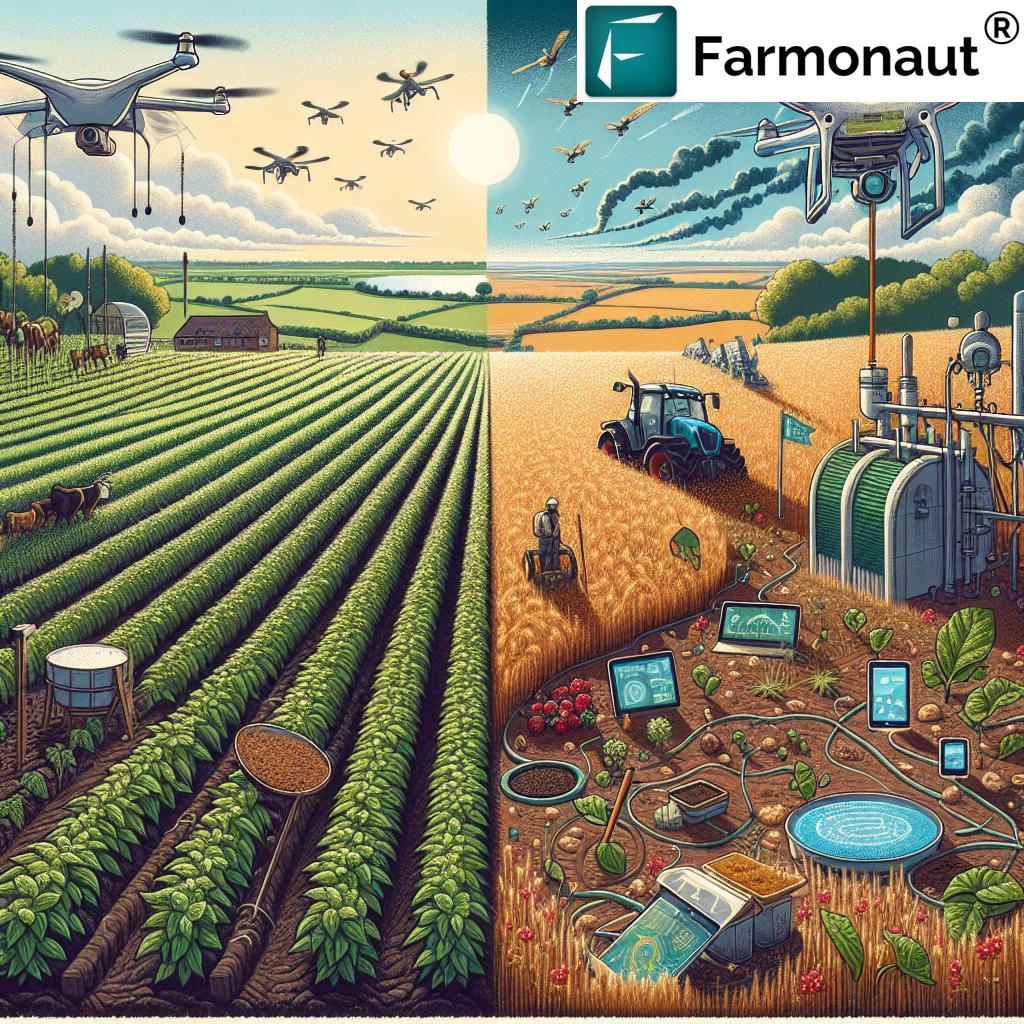
Comparison of Traditional vs. Organic Farming Practices in Scotland
| Farming Aspect | Traditional Methods | Organic/Sustainable Methods | Environmental Impact | Yield Comparison | GIS Application in Organic Farming |
|---|---|---|---|---|---|
| Pest Management | Synthetic pesticides | Biological control, companion planting | Reduced chemical runoff, increased biodiversity | 90-95% of conventional | Pest hotspot mapping, predicting outbreaks |
| Soil Health | Chemical fertilizers | Crop rotation, green manures, composting | Improved soil structure, increased carbon sequestration | 100-110% of conventional (long-term) | Soil health mapping, nutrient tracking |
| Water Usage | Traditional irrigation | Precision irrigation systems | Reduced water waste, less runoff | 80-90% of conventional water use | Soil moisture monitoring, weather integration |
| Biodiversity | Monoculture | Polyculture, agroforestry, hedgerows | Increased habitat diversity, improved ecosystem services | N/A (ecosystem benefit) | Habitat mapping, species tracking |
| Climate Resilience | Limited adaptation strategies | Climate-smart agriculture practices | Reduced carbon footprint, increased farm resilience | More stable yields under climate stress | Climate modeling, adaptation planning |
Challenges and Opportunities in Scottish Organic Farming
While organic farming in Scotland is thriving, it’s not without its challenges:
- Higher labor costs compared to conventional farming
- Need for specialized knowledge and training
- Weather unpredictability affecting pest and disease management
- Market competition from imported organic products
However, these challenges also present opportunities:
- Development of innovative, organic-specific farming technologies
- Creation of local and regional organic food networks
- Expansion of agri-tourism focused on organic and sustainable practices
- Increased collaboration between farmers, researchers, and technology providers
The Role of Farmonaut in Scottish Organic Farming
Farmonaut is playing a crucial role in the transformation of Scottish organic farming through its advanced GIS and satellite-based solutions. Here’s how Farmonaut is making a difference:
- Real-time Crop Health Monitoring: Farmonaut’s satellite imagery provides farmers with up-to-date information on crop health, allowing for timely interventions.
- AI-powered Advisory: The Jeevn AI system offers personalized recommendations based on farm-specific data and conditions.
- Resource Optimization: Farmonaut’s tools help farmers manage water, fertilizers, and other resources more efficiently, aligning with organic principles.
- Traceability Solutions: Blockchain-based systems ensure transparency in the organic supply chain, building consumer trust.
Farmonaut’s API Developer Docs provide detailed information on how to integrate these powerful tools into existing farm management systems.
Conclusion: A Sustainable Future for Scottish Agriculture
The revolution in Scottish organic farming, powered by GIS technology and sustainable practices, is paving the way for a more resilient and environmentally friendly agricultural sector. By embracing these innovations, Scottish farmers are not only producing high-quality organic food but also contributing to the health of our planet.
As we move forward, the continued integration of technology, traditional knowledge, and ecological principles will be key to addressing the challenges of food security and climate change. The success of organic farming in Scotland serves as an inspiring model for sustainable agriculture worldwide.
FAQs
- What is organic farming?
Organic farming is a method of crop and livestock production that avoids the use of synthetic pesticides, fertilizers, genetically modified organisms, antibiotics, and growth hormones. - How does GIS benefit organic farming?
GIS helps organic farmers by providing detailed mapping and analysis of their land, allowing for precise management of resources, pest control, and crop health monitoring. - What are the main challenges of organic farming in Scotland?
Key challenges include higher labor costs, the need for specialized knowledge, weather unpredictability, and market competition from imported organic products. - How does organic farming contribute to biodiversity?
Organic farming promotes biodiversity through practices like crop rotation, maintaining hedgerows, and avoiding synthetic pesticides that can harm beneficial insects and wildlife. - What role does Farmonaut play in Scottish organic farming?
Farmonaut provides advanced GIS and satellite-based solutions for crop health monitoring, resource optimization, and AI-powered advisory services tailored for organic farming practices.



